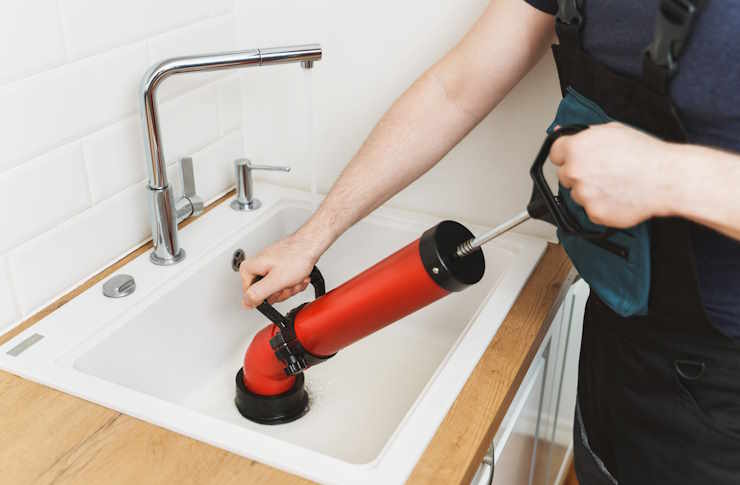Appliance Repair: Guide to Common Home Appliances
Every household relies on a set of essential appliances to keep daily life running smoothly. Knowing basic appliance repair and maintenance can save time, extend appliance life, and help you decide when to call local services. This guide covers practical troubleshooting and care tips for common machines — from refrigerator cooling issues to washer leaks, dishwasher drainage problems, dryer performance, and general appliance upkeep — with an emphasis on safety and when professional help is sensible.

Appliance maintenance: simple steps to prevent breakdowns
Routine maintenance reduces the chance of sudden failures and often requires only basic tools and time. Regularly clean coils and vents, check seals and hoses for cracks, and follow manufacturer recommendations for filter replacement. Keep an eye on unusual noises, odors, or performance changes and address small issues quickly: tightening connections, replacing worn gaskets, or cleaning lint traps can prevent bigger repairs. Record service dates and any part replacements to track patterns. For more complex electronic faults or refrigerant issues, contact qualified technicians or local services in your area to ensure repairs meet safety and warranty requirements.
Refrigerator: common issues and basic troubleshooting
A refrigerator that’s too warm, makes loud noises, or leaks can often be diagnosed with a few checks. Ensure the thermostat is set correctly and that vents inside the unit are not blocked. Clean condenser coils and check the door gasket for a proper seal. If the fridge cycles constantly or the compressor is hot, it may indicate a failing thermostat, start relay, or condenser fan motor — components that sometimes need professional diagnosis. For water leaks or ice maker problems, inspect supply lines and the drain pan. Because refrigerant-related work and compressor repairs require specialized tools and certification, these should be handled by trained local services.
Washing machine: addressing leaks, spins, and noise
Washing machines commonly experience leaks, failure to spin, or loud vibrations. Check hoses and clamps for signs of wear and ensure the machine is level, as imbalance can cause shaking and noise. If a washing machine won’t spin, look for clogged drain pumps or drive belt issues on belt-driven models; front-loaders may have blocked filters. Strange sounds can come from foreign objects in the drum, worn bearings, or issues with the motor coupling. For electrical or control-board faults, or when replacing major components, consult a qualified appliance repair professional to avoid safety risks and incorrect replacements.
Dishwasher: fixes for drainage, cleaning, and performance
Dishwasher problems range from poor cleaning performance to drainage failures and persistent odors. Start by cleaning the filter and spray arms; mineral buildup or food debris can block jets and reduce water circulation. If the dishwasher doesn’t drain, inspect the drain hose for kinks or clogs and check the garbage disposal connection. Heating problems may be related to a faulty heating element or thermostat, which can be tested with a multimeter. Regularly rinse plates and scrape large food particles before loading to reduce strain on the unit. When electrical components or pump assemblies need replacement, use an experienced technician familiar with dishwasher models and local services.
Dryer: solving heating and venting problems
Dryers that run but don’t heat or take a long time to dry are often suffering from clogged vents or faulty heating elements. First, clean the lint trap and inspect the exhaust vent and duct for blockages; restricted airflow can also create fire hazards. If the dryer tumbles but does not heat, the issue might be a broken heating element, cycling thermostat, or thermal fuse — components that can be tested and replaced. Unusual noises may indicate worn drum rollers or belts. For vent cleaning or electrical repairs, hire professionals in your area who can safely access ducts and ensure the work complies with local codes.
Conclusion
Understanding common signs of appliance trouble and performing routine maintenance can extend the life of your refrigerator, washing machine, dishwasher, dryer, and other household devices. Simple inspections and cleaning address many issues, while electrical, refrigerant, and major mechanical repairs are best handled by trained technicians or local services. Keep safety front of mind: disconnect power before inspecting appliances and consult qualified professionals for tasks beyond basic troubleshooting.





